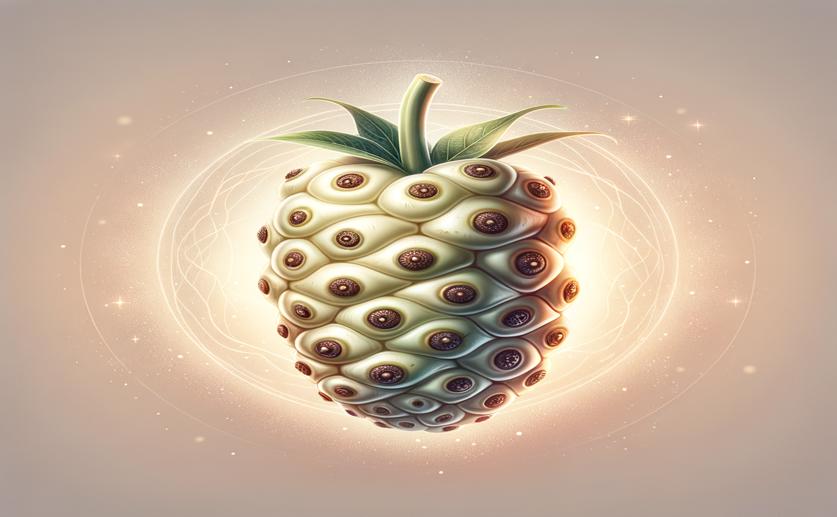
Noni Fruit's Protective Effects Against Chemotherapy-Induced Testicular Damage
Greg Howard
24th May, 2024

Image Source: Natural Science News, 2024
Key Findings
- Researchers at Bilecik Şeyh Edebali University studied the effects of Paclitaxel (PTX) on testicular tissue and the protective potential of Morinda citrifolia (Noni)
- PTX increased oxidative stress and markers of cell damage in testicular tissue, reducing antioxidant defenses
- Noni, especially at 20 mg/kg, significantly reduced oxidative damage, inflammation, and cell death in testicular tissue
References
Main Study
1) Morinda citrifolia protective effects on paclitaxel-induced testis parenchyma toxicity: an experimental study.
Published 21st May, 2024
https://doi.org/10.1016/j.reprotox.2024.108611
Related Studies
2) Effects of Cinnamon (C. zeylanicum) Bark Oil Against Taxanes-Induced Damages in Sperm Quality, Testicular and Epididymal Oxidant/Antioxidant Balance, Testicular Apoptosis, and Sperm DNA Integrity.
3) The role of autophagy in paclitaxel and cremophor induced damage to rat testis.
4) Chemopreventive effects of hesperidin against paclitaxel-induced hepatotoxicity and nephrotoxicity via amendment of Nrf2/HO-1 and caspase-3/Bax/Bcl-2 signaling pathways.



 28th January, 2024 | Greg Howard
28th January, 2024 | Greg Howard